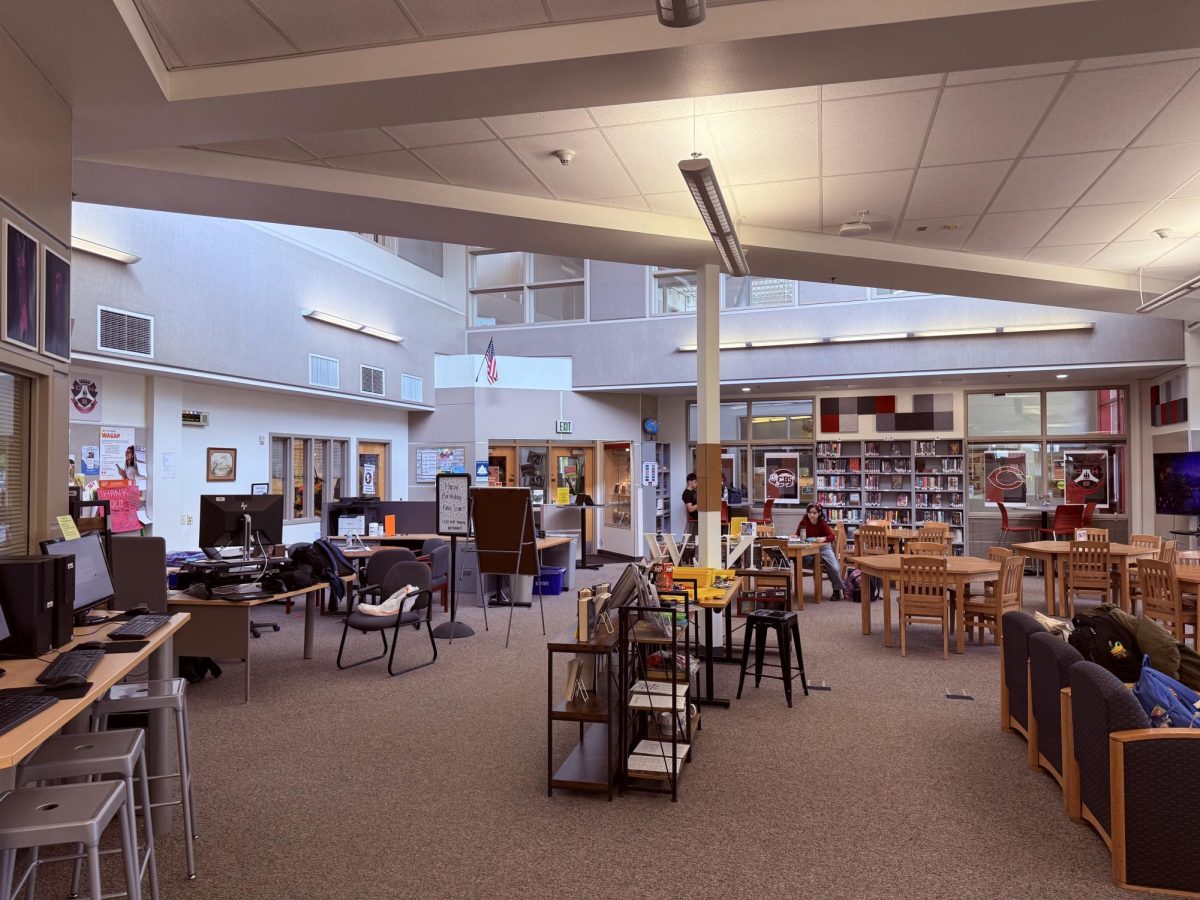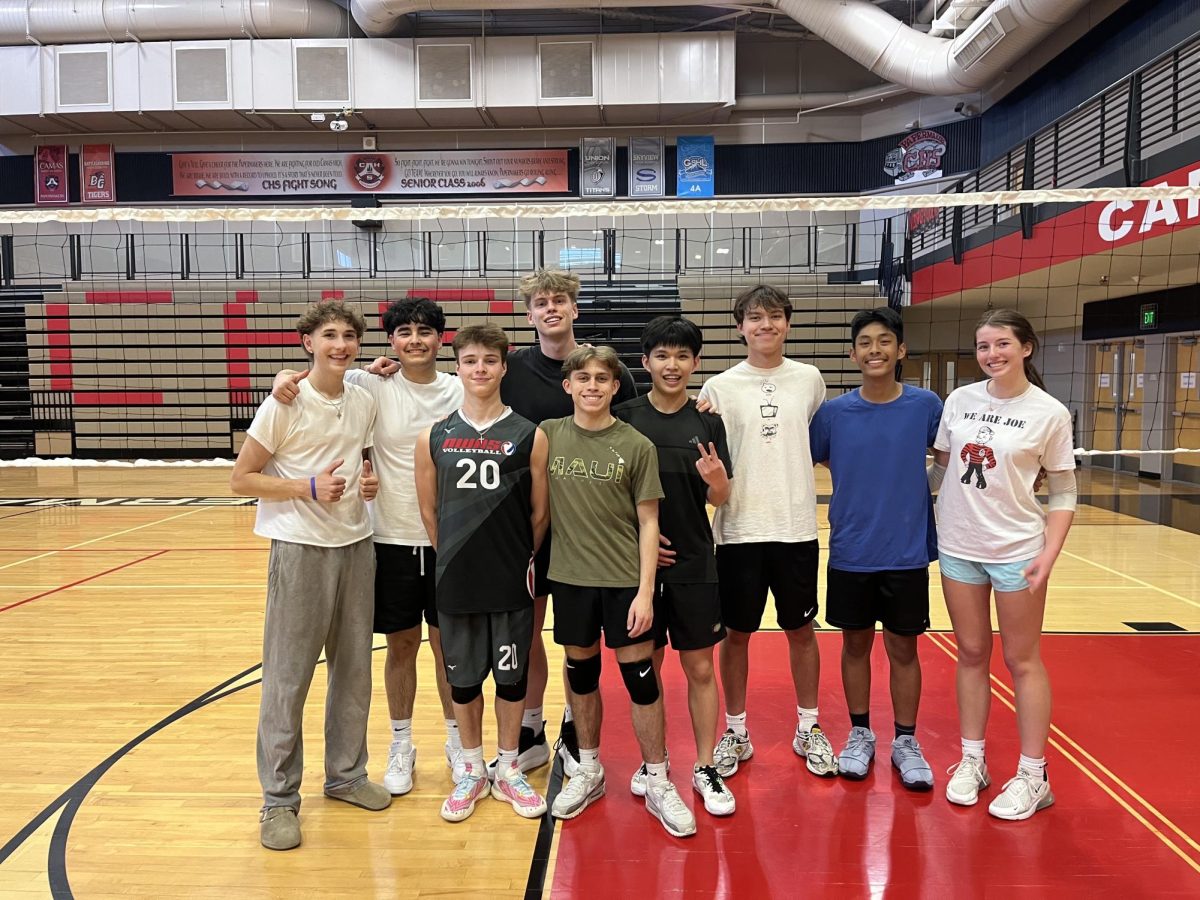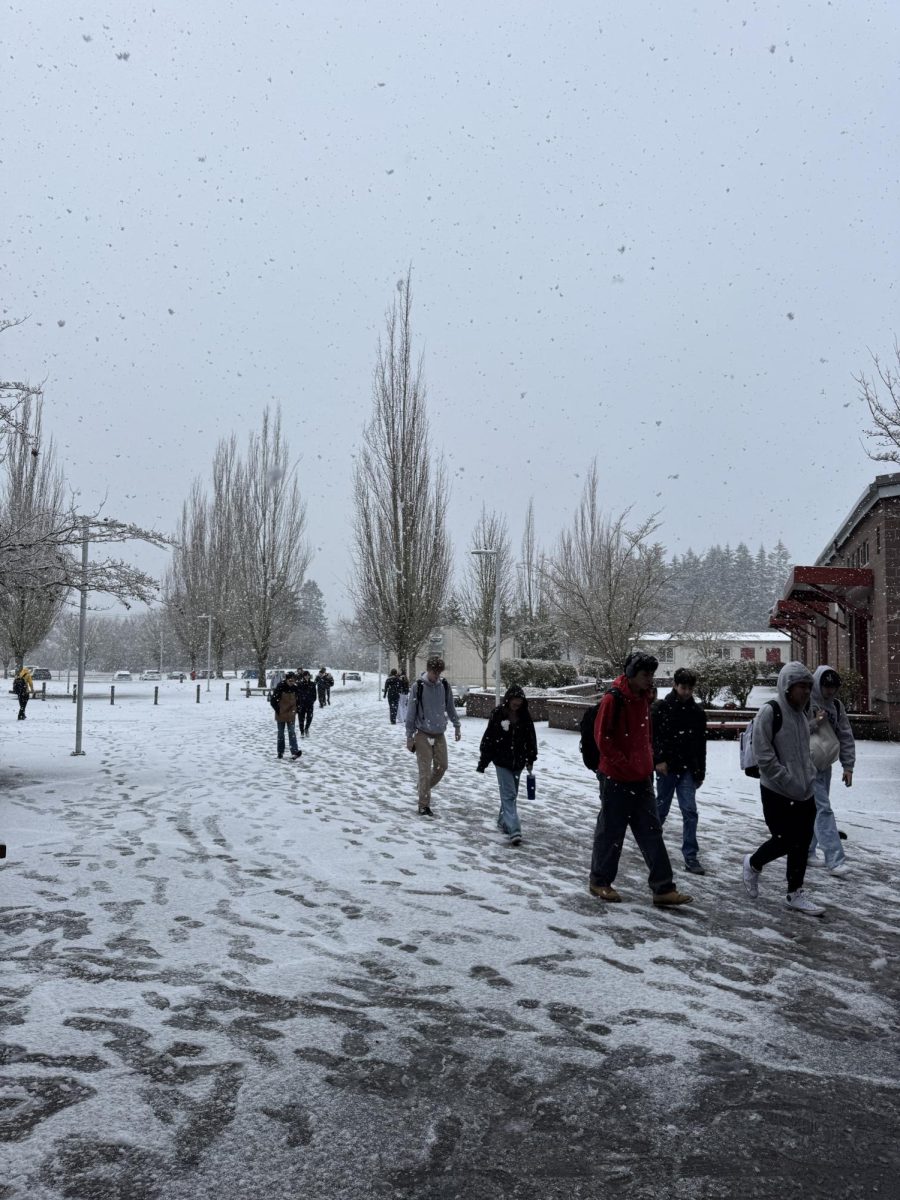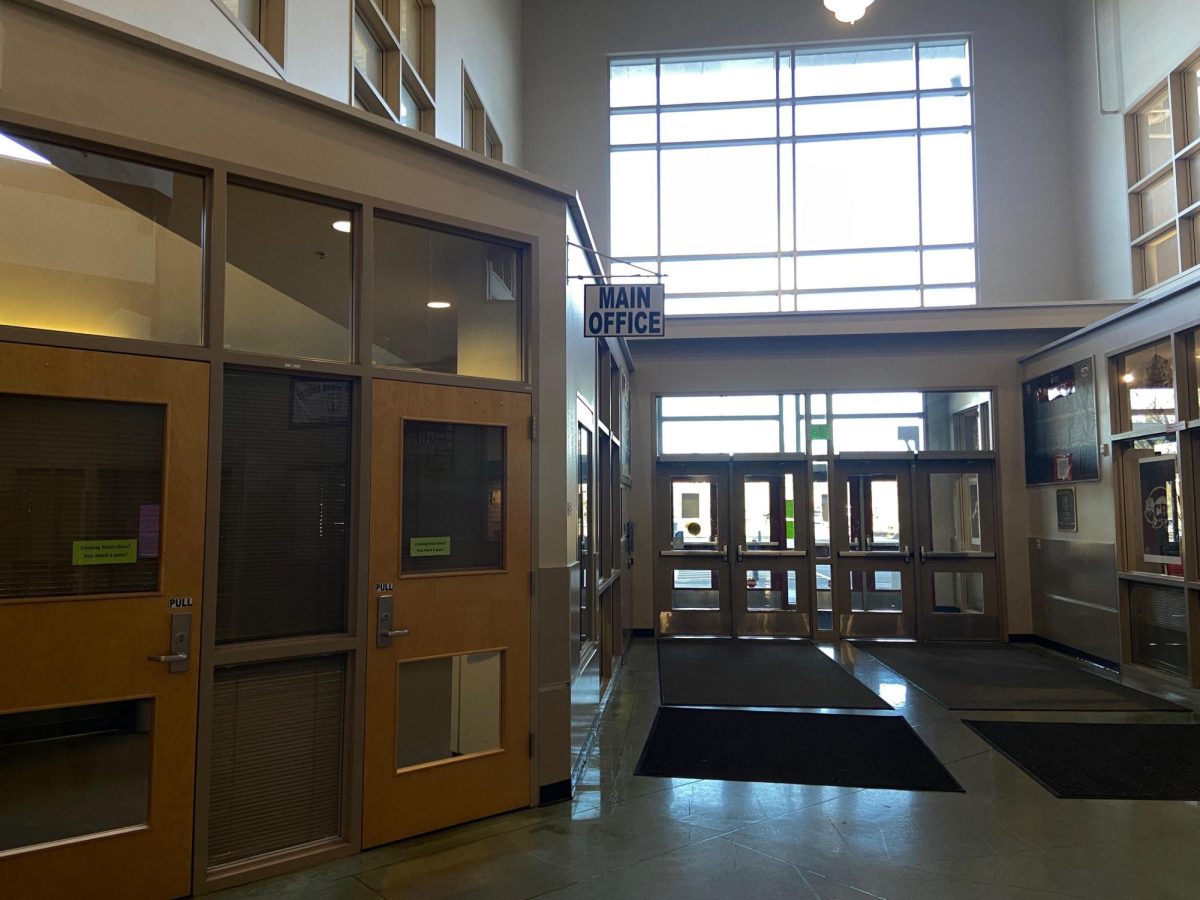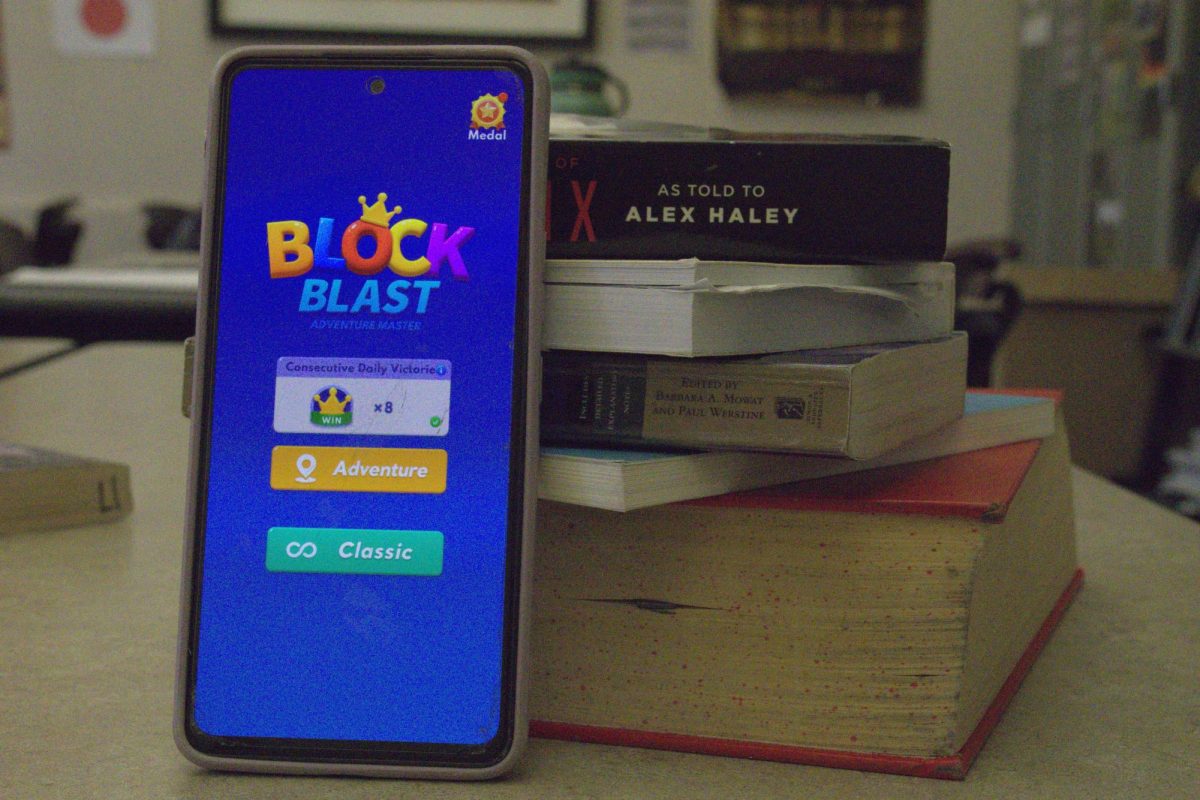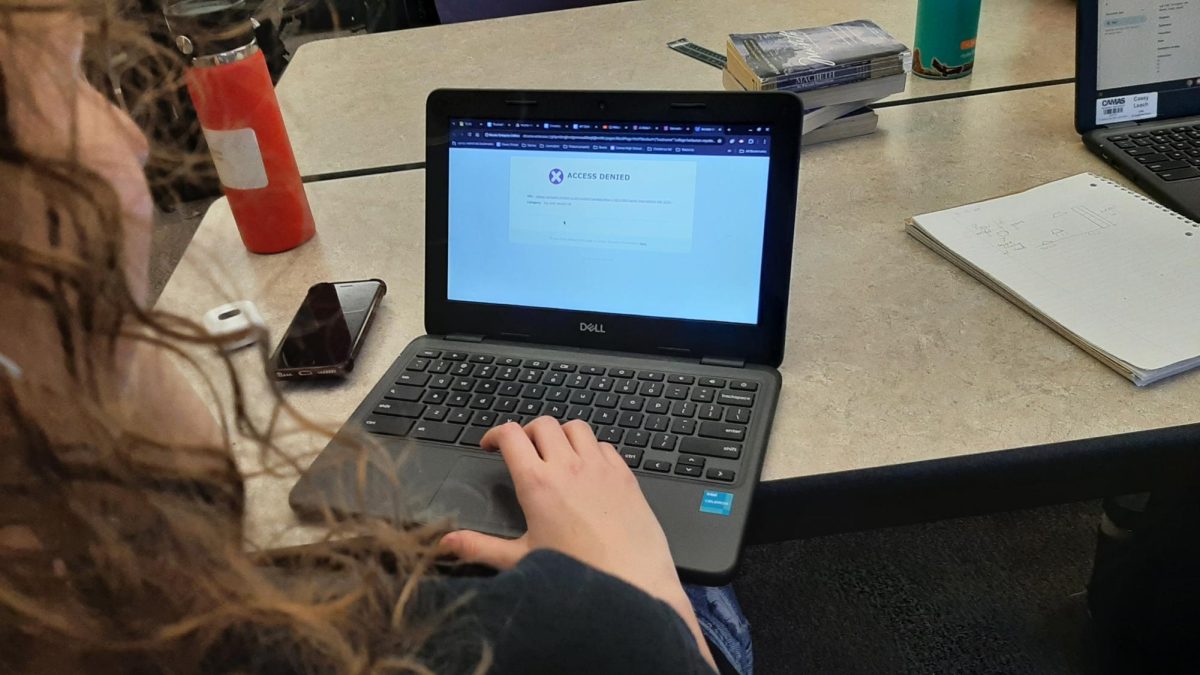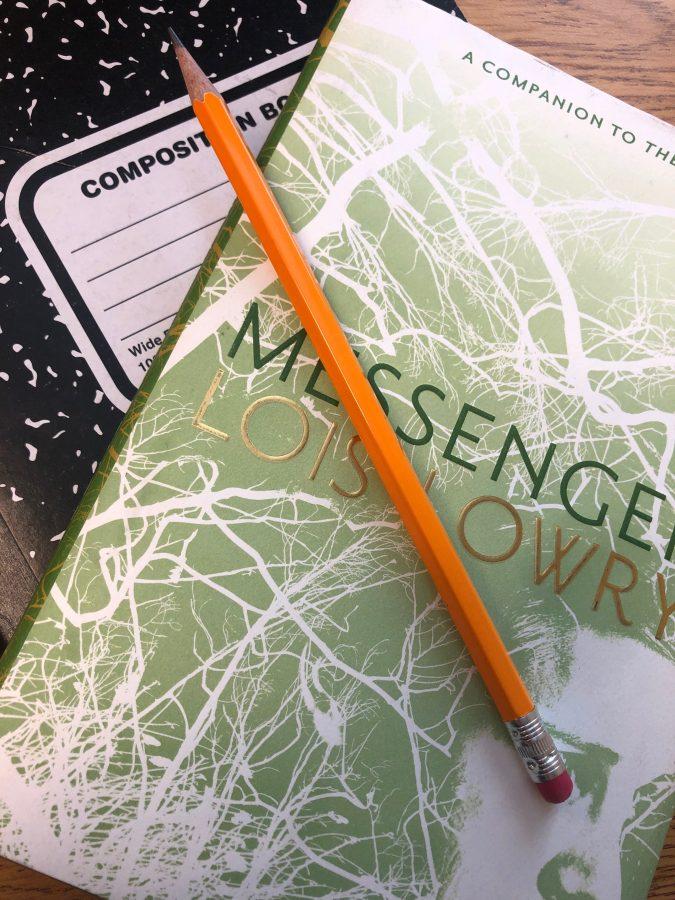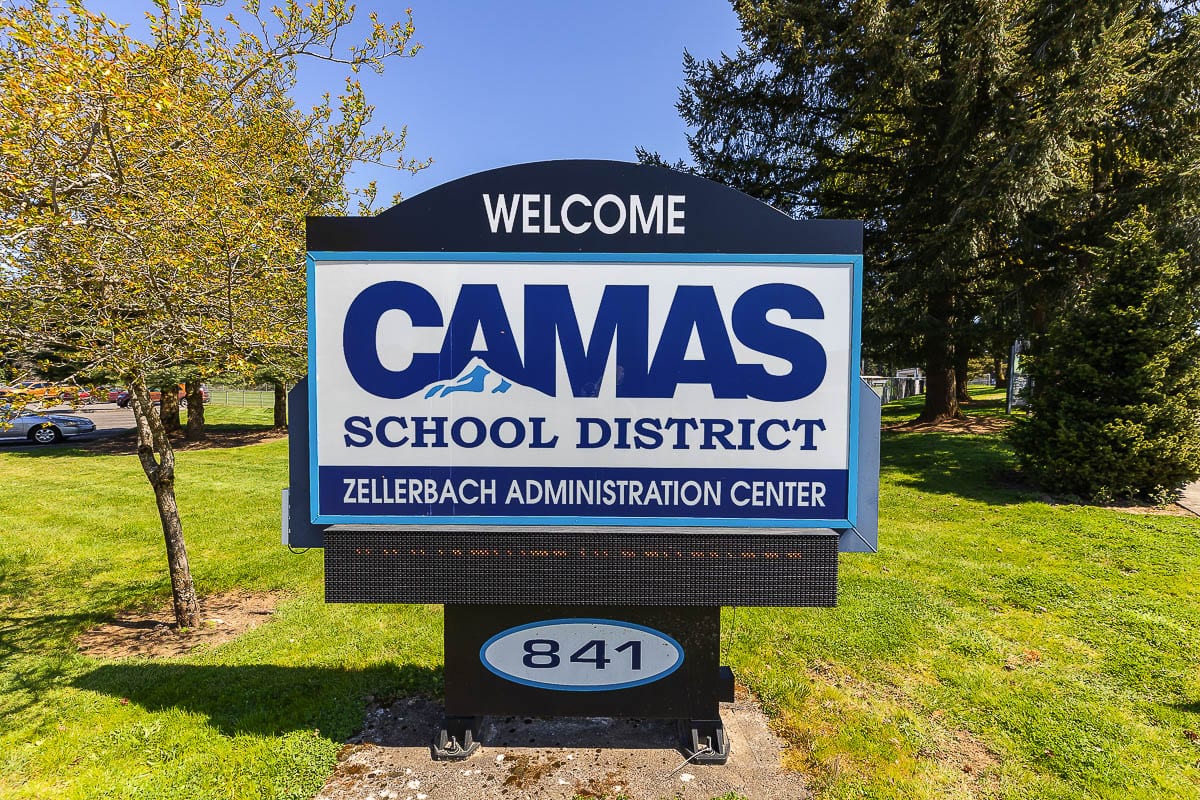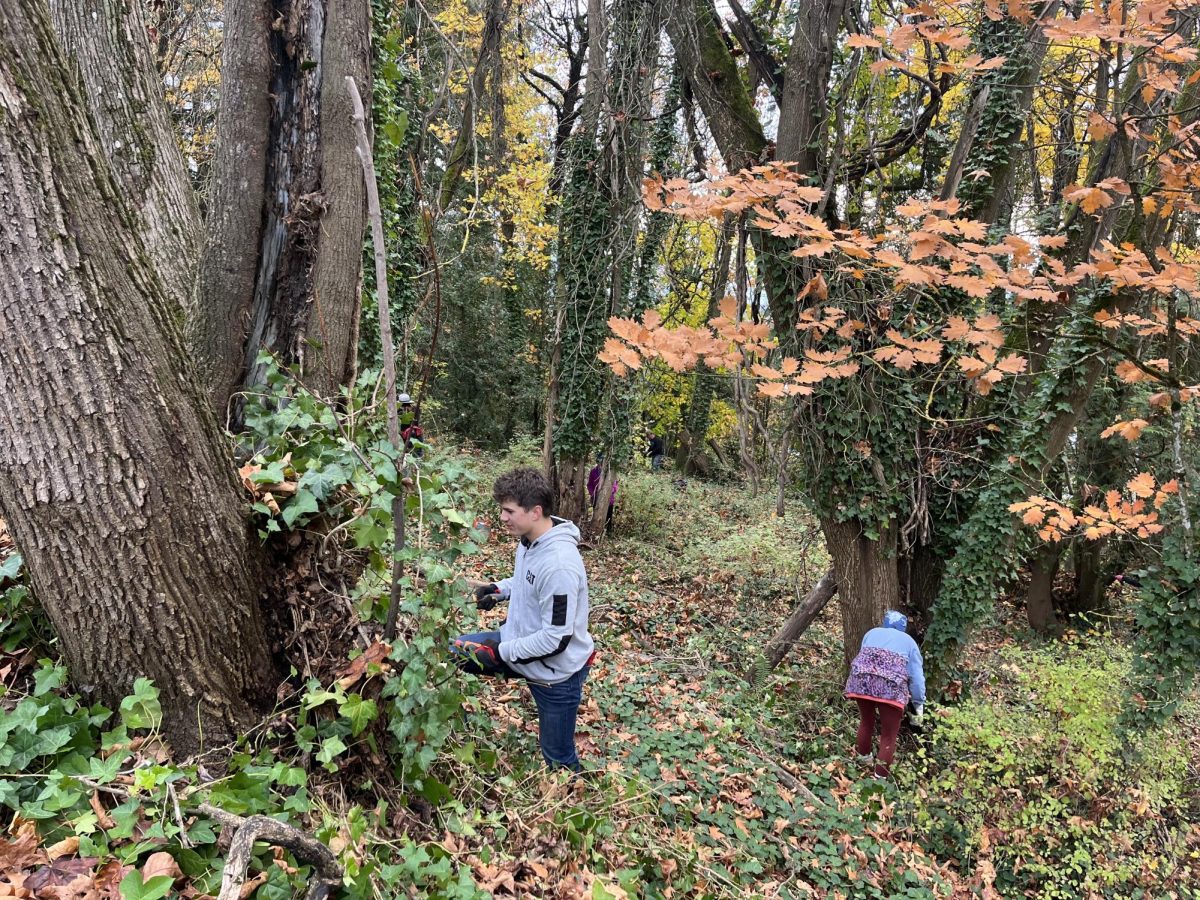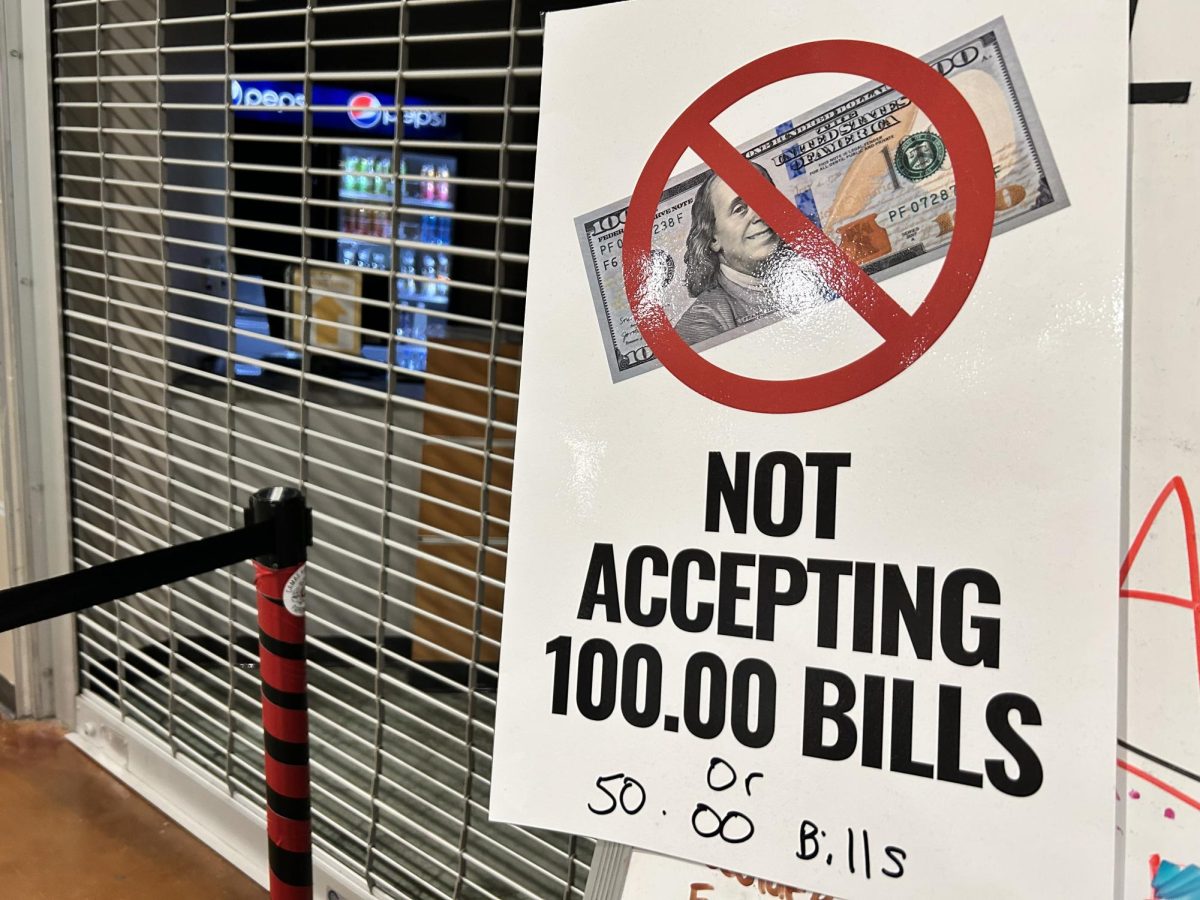
Students look forward to summer break all year. When that last day of school ends, students are throwing their hands up in celebration and tossing their books aside for the next two months. By doing this, students forget a lot over summer break, causing teachers to review during the first couple of weeks. To prevent this, there are some things that students can be doing to help make their transition back into their school routine easier, not to mention easier on teachers as well.
AP teacher Sam Greene thinks students should be applying what they learned to the upside world over the summer to help keep them on their toes. “The trick to remembering something is practicing and applying it in some meaningful way,” explains Greene.
“It’s easier to do that with some of the learning we do in school vs. other types of learning, but it’s possible with all of it. Maybe that’s as simple as making a connection with some of the content you learned about by reading a book on it, traveling to a location you discussed in class and seeing it first hand, or maybe keeping a journal/blog, etc. In short, do something with your learning!” Says Greene.
Other than applying what you learn to the outside world, how do teachers try to get you to remember things long term right when they teach you something? “I try (emphasis on the try) to connect the stuff we learn about in class to the modern world we live in through stories, images, videos, and personal experiences. If you can figure out a way to do that, the learning then has a “face” that people can connect it to and it becomes “real”. Sometimes it works, sometimes it doesn’t, and not always with the same people for the same reasons, but the general idea seems tried and true in my career,” Greene comments.
Although Greene thinks it is important to apply your learning outside of the classroom, he does not think that summer assignments are the way to go. “I’m not a huge fan of summer assignments. I say this as a teacher, student, and a parent of teenage daughters who have experienced each side of the joy and gory misery of summer assignments. I am, however, a huge fan of learning during the summer by applying and enriching what you’ve already known and experienced and in trying out new things,” explains Greene.
AP Language teacher Sarah Widdop has a similar opinion to Sam Greene. She thinks that keeping your brain from forgetting things over the summer can be done on students own time. That way they still enjoy their summer l, but they do not come back to school as scattered and lost about the things they begin to review in the first few weeks. “Read over the summer. Write in complete sentences at some point. Talk to people in person,” Widdop explains.
As for any assigned summer assignments, Mrs. Widdop tries to offer students choices instead of a set assignment. “I try to offer as many choice assignments as possible because students are more engaged when they have ownership over their own learning,” Widdop states.
Students can use things around them to keep them from forgetting things they learned in school, over the summer. Students just have to care about whether or not they wish to have an easier transition back to school after the summer season is over. It is not impossible and can end up being as simple as reading a book or being consciously aware of trying to integrate things you learned throughout the year, into your classic summer day.



